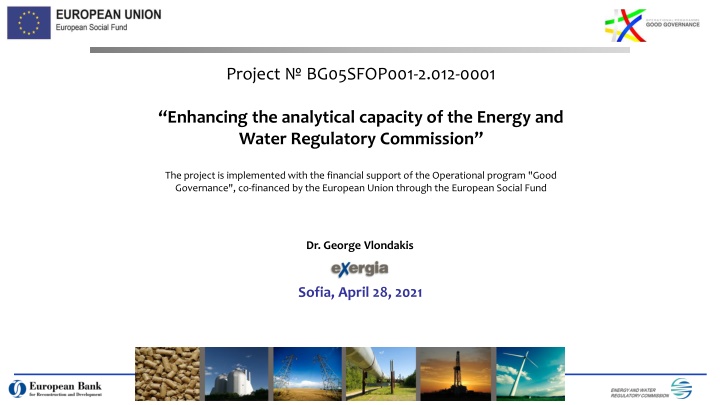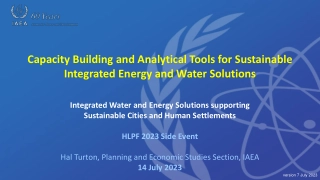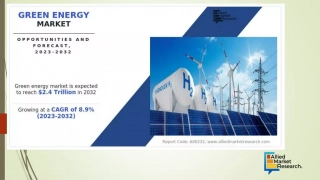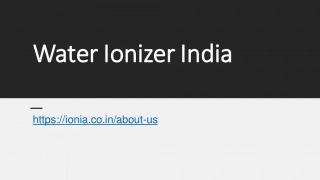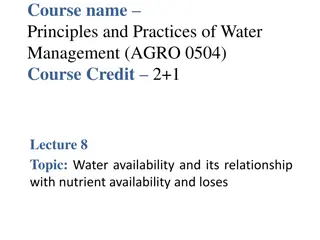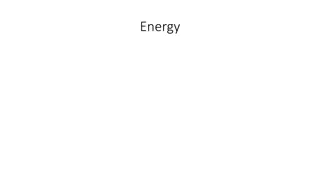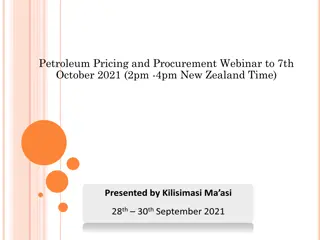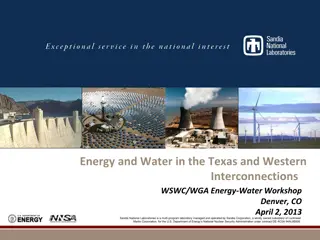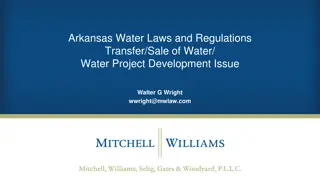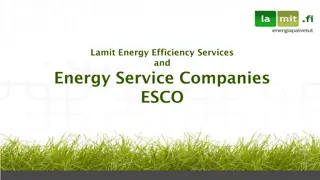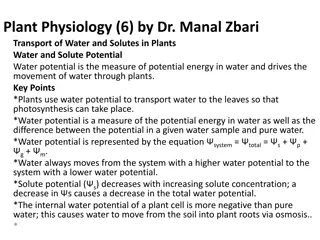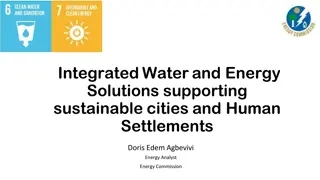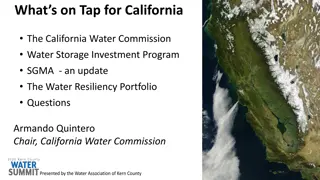Enhancing Analytical Capacity of Energy and Water Regulatory Commission
This project aims to enhance the analytical capacity of the Energy and Water Regulatory Commission through practical implementation of legislative amendments, development of regulatory acts, and training activities. It focuses on improving regulatory monitoring, setting power quality indicators, and harmonizing reporting practices for enhanced efficiency.
Download Presentation

Please find below an Image/Link to download the presentation.
The content on the website is provided AS IS for your information and personal use only. It may not be sold, licensed, or shared on other websites without obtaining consent from the author.If you encounter any issues during the download, it is possible that the publisher has removed the file from their server.
You are allowed to download the files provided on this website for personal or commercial use, subject to the condition that they are used lawfully. All files are the property of their respective owners.
The content on the website is provided AS IS for your information and personal use only. It may not be sold, licensed, or shared on other websites without obtaining consent from the author.
E N D
Presentation Transcript
Project BG05SFOP001-2.012-0001 Enhancing the analytical capacity of the Energy and Water Regulatory Commission The project is implemented with the financial support of the Operational program "Good Governance", co-financed by the European Union through the European Social Fund Dr. George Vlondakis Sofia, April 28, 2021
Project background Assistance was requested from the EBRD to support the EWRC with: he practical implementation of recent legislative amendments on electricity market monitoring, integrity and transparency (which were prepared under Phase 1 of the above-mentioned Energy Regulatory Programme) he development of regulatory acts, rules and methodologies aimed to improve electricity distribution network regulation; he enhancement of the analytical and technical capacity of the EWRC staff by training and other capacity building activities.
Objectives of Project Tasks Legal Regulatory Tasks Draft / amend necessary legal / regulatory provisions, as required by Energy Act provisions on REMIT Propose internal rules to be followed by EWRC investigative experts when assessing potential REMIT violations Technical Regulatory Tasks Support the harmonized and uniform regulatory reporting by the different Distribution System Operator (DSOs) to EWRC Enhance capacity of EWRC for assessing DSO financial data for improving regulatory monitoring of distribution systems costs Propose regulatory practices for setting power quality indicators for distribution network and the linking of DSO regulated revenues with the quality of their services Capacity Building / Training Tasks Training Capacity building of EWRC experts on topics related to above issues
Outputs of Legal Tasks Review of applicable national legislative background and EU practices relevant to REMIT implementation Recommendations for amendments to Ordinance N0. 3 of 21/3/2103 (Licensing) for integrating requirements relevant to REMIT Draft methodology for calculation of fines / sanctions for REMIT violations (Art. 224d. para. 3 of Energy Act) Draft rules on collaboration and cooperation between EWRC and CPC, FSC and on joint actions of EWRC with Ministry of Interior with regards to investigations for REMIT violations Preparation of EWRC Internal Rules to be followed for the carrying out of investigations of REMIT violations by the competent EWRC investigation experts
Capacity Building / Training on Legal Issues Topics covered included, inter alia: Powers of NRA investigating experts in the investigation alleged violations, according to REMIT and to the EA Differentiation of powers, depending on the different kind of evidence collected Categories of evidence, collected in REMIT investigation procedures: written, material, electronic, etc. (definitions, scope, applicable legislation and rules in different procedures for Art. 3 and Art. 5 of REMIT violations and the other violations, etc.) Admissible actions for collection of different types of evidence as per the national legislation Protocols for collection of oral statements, format of procedure in the course of investigation proceedings Bulgarian legislation on electronic documents (Digital Signature and Electronic Certifying Services Act, Act on Electronic Messages, etc.) Procedural actions and protocol for collection of electronic evidence, including in Internet Protocols for carrying out on site investigations and collection of documents, best Practices to avoid destroying of electronic evidence to log the storage mediums, log confiscated devices / categorization, etc. Evaluation of confiscated material: Procedures for data retrieval (including deleted data), integrity checking, etc., using IT experts as expert witnesses, timestamping and the possible application of electronic Identification, Authentication and trust Services (e-idas) regulation Delivery of Consolidated Report to be used before court Legal procedure and format for examination of collected electronic evidence Procedure for disclosure by EWRC of collected confidential information to the interested parties Retrieving phone communication data: overview of national legislation, cooperation with the Data Protection Auhority, constraints regarding personal data in mobile devices Commonly used tools (forensics software) for data retrieval and inspection, description / presentation of basic features and functionalities, etc.
Outputs of Technical Regulatory Tasks (1/2) Report on EU requirements and practices (e.g. the Third Energy package, other EU directives, EC documents, Good Practice Guidelines by CEER, with respect to DSOs accounts unbundling, and of the practices of EU regulators and of the Bulgarian DSO, including the capex / opex separation Draft Rules for the preparation of uniform regulatory accounts reporting by Bulgarian DSOs, including principles for unbundling between regulated and non-regulated activities, identification of CAPEX and OPEX, and for streamlining the DSO reporting for network tariffs review and setting Report on practices of EU regulators for the assessment of CAPEX and OPEX expenditure of DSOs (determining the ex-ante allowance for capex, treatment of CAPEX during the and at the end of the regulatory review period, etc.), treatment of specific types of expenditure (e.g. smart grids, spare parts, etc.), discrimination between controllable and non-controllable costs, benchmarking, etc.
Outputs of Technical Regulatory Tasks (2/2) Preparation of a draft Methodology for assessing the CAPEX and OPEX expenditure of DSOs Report including Practices of EU regulators with experience in regulating quality of electricity and quality of service, assessment of the pros and cons and concrete approaches for setting different quality targets for specific geographical areas within the territory of a DSO Preparation of draft methodology for linking regulated revenues of network operators with indicators of efficiency and quality of services
Capacity Building / Training on Technical Regulatory Issues Regulatory accounting in tariff setting, for measuring efficiency, linking to DSO Development plans Interpretation and implementation of reporting standards in the context of distribution business Regulatory accounting treatment for specific elements DSOs balance sheets Recommendations for enhancing EWRC rules for regulatory reporting The EU policy environment and the evolution of the role of DSOs (from the 1st to the 3rd Energy Package, the Energy Union and The Clean Energy for All Europeans Package) Role of DSOs regarding flexibility at distribution level, Treatment of expenditure for Smart Meters and Spare Parts Benchmarking for the evaluation of the relative performance of the DSOs Steps for the assessment of CAPEX and OPEX of DSOs on the basis of international practice Main aspects of Continuity of Supply, Voltage quality, and Commercial quality Regulation in EU for incentive schemes related to Continuity of Supply commercial quality standards Systems for Monitoring Continuity of Supply at network level Developing a draft Quality of Supply mechanism
Project BG05SFOP001-2.012-0001 Enhancing the analytical capacity of the Energy and Water Regulatory Commission The project is implemented with the financial support of the Operational program "Good Governance", co-financed by the European Union through the European Social Fund Sofia, April 28, 2021
